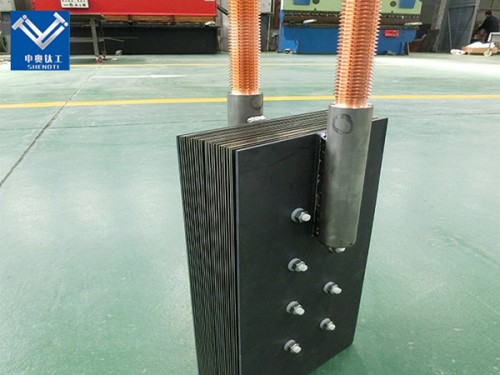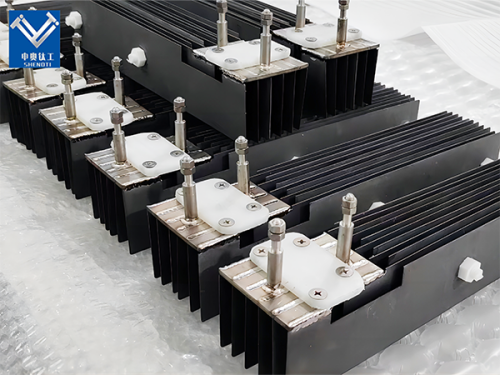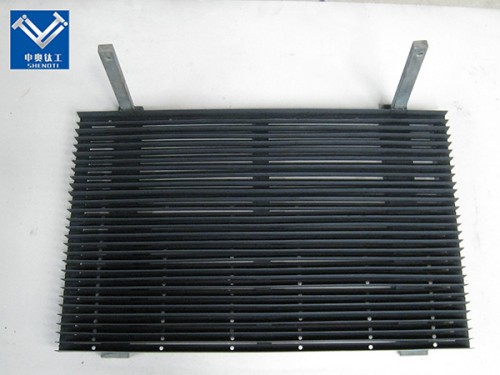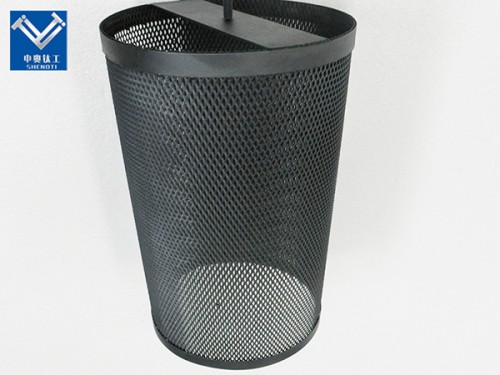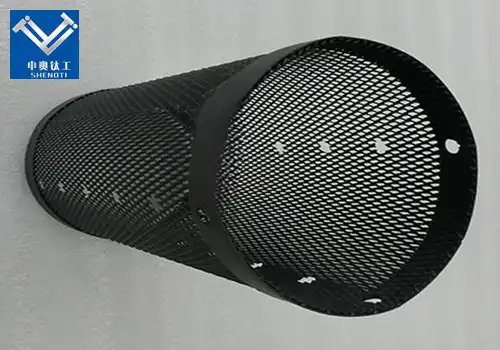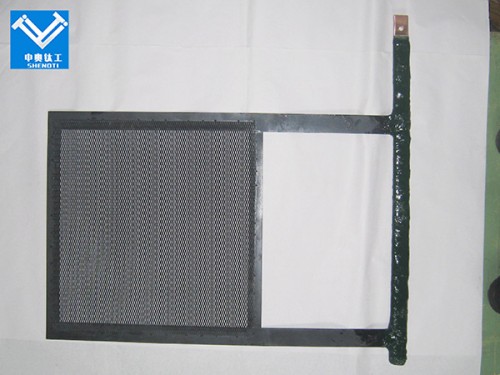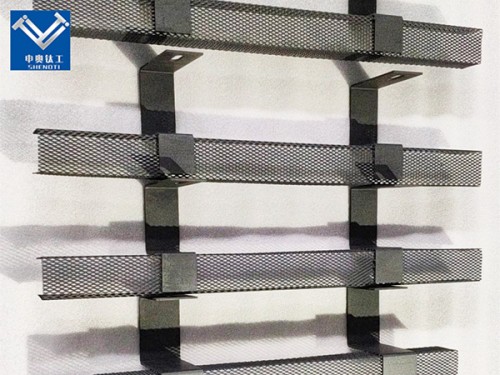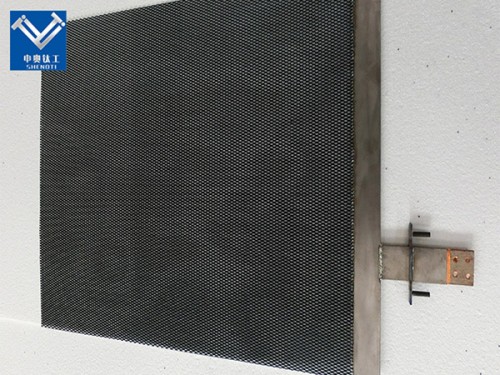
In What Industries Are Titanium MMO Anodes Mainly Used?
2025-06-04 16:03:55
In What Industries Are Titanium MMO Anodes Mainly Used?
Ruthenium-coated titanium electrodes, a prominent type of Mixed Metal Oxide (MMO) anode, have revolutionized various industrial processes due to their exceptional electrochemical properties. These electrodes are renowned for their high conductivity, corrosion resistance, and long service life, making them indispensable in numerous applications.
What Are the Primary Applications of Ruthenium Iridium Coated Titanium Anodes in Water Treatment?
Water treatment is a critical sector where ruthenium-iridium coated titanium anodes play a pivotal role. Their application spans various processes aimed at ensuring water safety and quality.
Electrochlorination Systems
Electrochlorination involves the on-site generation of chlorine by electrolyzing saltwater or brine solutions. Ruthenium-iridium coated titanium anodes are highly efficient in this process, facilitating the production of chlorine for disinfection purposes without the need for hazardous chlorine gas storage and transportation.
Wastewater Treatment
In wastewater treatment, these anodes are employed in electrochemical oxidation processes to degrade refractory organic compounds. Their high catalytic activity and stability in harsh environments make them ideal for treating industrial effluents, hospital waste, and municipal sewage.
Cooling Water Systems
Ruthenium-iridium titanium anodes are utilized in circulating cooling water systems to prevent scaling and biofouling. By generating hypochlorite in situ, they effectively disinfect and sterilize the water, ensuring the smooth operation of equipment.
Which Industries Use Ruthenium Iridium Coated Titanium Anodes?
Beyond water treatment, ruthenium-iridium coated titanium anodes find applications across a spectrum of industries, owing to their versatility and efficiency.
Chlor-Alkali Industry
In the chlor-alkali industry, these anodes are integral to the electrolysis of brine to produce chlorine, hydrogen, and sodium hydroxide. Their durability and low overpotential contribute to energy-efficient operations.
Electroplating and Metal Finishing
The electroplating industry leverages these anodes to enhance the quality and efficiency of metal deposition processes. Their stability ensures consistent performance, leading to superior coating adherence and finish.
Hydrometallurgy
In hydrometallurgical processes, such as the extraction and refining of metals like copper and zinc, these anodes facilitate efficient metal recovery through electrolytic methods.
Electronics Industry
The electronics sector employs ruthenium-iridium coated titanium anodes in the manufacturing of components, particularly in processes requiring precise electrochemical reactions, such as the production of printed circuit boards.
Organic Synthesis
In organic chemistry, these anodes serve as electrodes to promote specific reactions, contributing to the synthesis of various organic compounds.
Marine Engineering
Marine engineering applications include the use of these anodes for cathodic protection and anti-corrosion measures in ships and offshore structures, safeguarding them against the harsh marine environment.
What Are the Advantages of Using Ruthenium Coated Titanium Electrodes?
The widespread adoption of ruthenium-coated titanium electrodes across industries is attributed to their numerous advantages:
High Electrochemical Stability
These electrodes exhibit remarkable stability under various electrochemical conditions, maintaining performance over extended periods.
Low Overpotential
The low overpotential for chlorine evolution enhances energy efficiency, reducing operational costs in processes like electrochlorination and chlor-alkali production.
Corrosion Resistance
Their resistance to corrosion in aggressive environments, including acidic and saline solutions, ensures longevity and reliability.
Versatility
The ability to function effectively across a wide pH range (0–14) and temperatures (25–80°C) makes them suitable for diverse applications.
Customizable Forms
Available in various shapes—plates, meshes, tubes, rods—these electrodes can be tailored to specific industrial requirements.
Ruthenium-coated titanium electrodes, as a subset of MMO anodes, have become indispensable in modern industry due to their exceptional properties. Their applications span critical sectors such as water treatment, chemical production, electronics, and marine engineering. The advantages they offer—stability, efficiency, corrosion resistance, and versatility—underscore their value in enhancing industrial processes and promoting sustainable practices.
Contact Us
For more information on ruthenium-coated titanium electrodes and how they can benefit your operations, please reach out to us: Email: zh@baojiti.com.cn
Our team is committed to providing high-quality solutions tailored to your specific industrial needs.
YOU MAY LIKE











